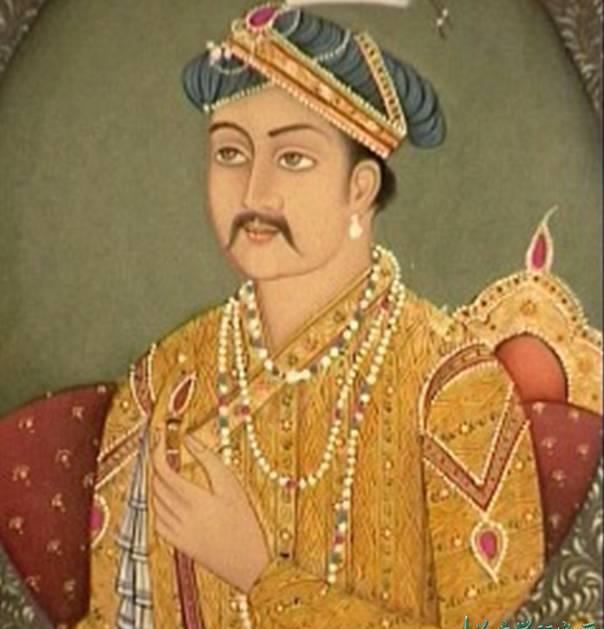Akbar (15 October 1542 – 27 October 1605) was a famous politician, military and reformer of the Islamic world, the third emperor of the Mughal Empire in India. Full name Abu'l-fath jalal-ud-din muhammad akbar. Born in the village of Omargud in Sindh, humayun's eldest son.

Akbar was a descendant of Timur, and during his reign he was able to treat all faiths equally and freely. Compared to the monarchs before him, the culture and art of the empire reached its peak during its reign. During his reign, the Mughal Empire tripled in size and wealth. Akbar built a strong military system and carried out political and social reforms efficiently. He abolished the poll tax (gizia) imposed on non-Muslims and appointed non-Muslims to high-ranking administrative and military positions, the first Mughal emperor to gain the trust and allegiance of his natives. [1] Recognizing that a stable empire was associated with the cooperation and goodwill of his people, he translated Sanskrit literature and participated in domestic celebrations. After the rule of Akbar, the multicultural foundations of the Mughal Empire were established.
Akbar died in Agra in 1605 at the age of 65. In the history of the development of Islam, Akbar the Great was on a par with Abbas the Great of Persia and Suleiman the Great of The Ottomans.